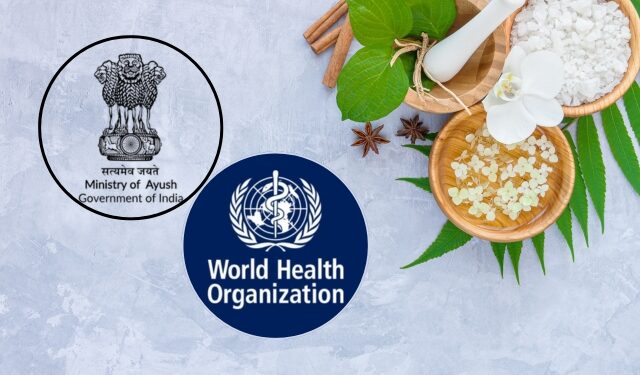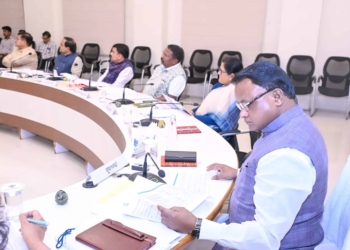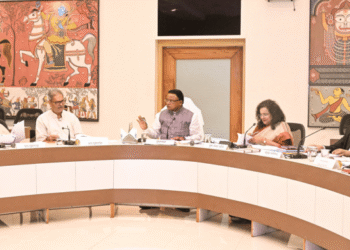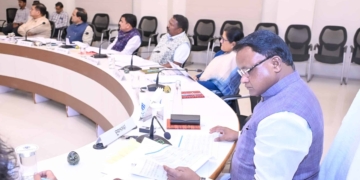In a historic development poised to reshape global healthcare, India’s Ministry of Ayush has signed a landmark agreement with the World Health Organization (WHO) to integrate traditional medicine into international health intervention classifications.
The agreement, signed on May 24, 2025, aims to standardise and promote Ayurveda, Yoga, Siddha, and Unani (AYUSH) practices worldwide.
Prime Minister Narendra Modi, in his Mann Ki Baat address, hailed this step as transformative for India’s rich traditional healthcare system, ensuring that Ayush reaches a global audience scientifically.
“With this agreement, a dedicated Traditional Medicine module under the International Classification of Health Interventions (ICHI) has commenced. This initiative will make Ayush accessible to more people across the world in a scientific manner,” PM Modi stated.
The inclusion of Ayush therapies—such as Panchakarma, Yoga therapy, Unani regimens, and Siddha treatments—in WHO’s ICHI framework will bring multiple benefits:
- Standardised billing & pricing for Ayush treatments.
- Simplified integration into health insurance policies.
- Enhanced hospital documentation & clinical research.
- Wider accessibility across healthcare systems globally.
WHO Director-General Dr. Tedros Adhanom Ghebreyesus welcomed the agreement, acknowledging India’s $3 million contribution to WHO’s traditional medicine initiatives.
“We appreciate India’s commitment to mainstream traditional medicine and support WHO’s health intervention classification,” Dr. Ghebreyesus stated.
This agreement is expected to elevate Ayush to international medical standards, paving the way for scientific validation, affordability, and accessibility.
Experts believe this is more than a policy shift—it’s a step towards ensuring Ayush becomes an integral part of evidence-based global healthcare systems.





























